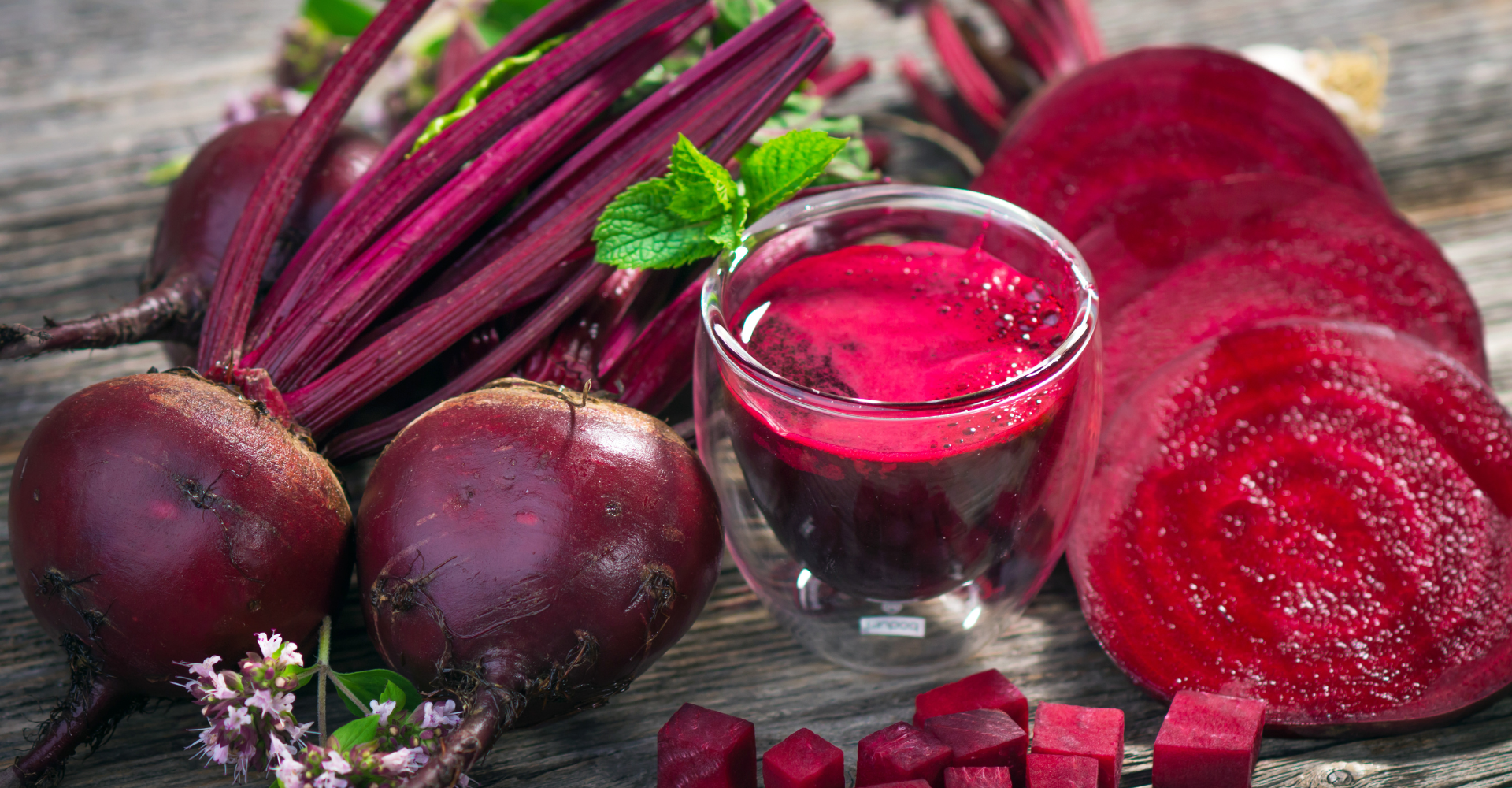
For a better and faster shopping experience, download app
Unkown

10 Impressive Health Benefits of Beetroot
Introduction
Beetroot, with its deep magenta hue and earthy flavor, is more than just a colorful side dish—it’s a nutritional powerhouse steeped in tradition and validated by modern science. Rich in nitrates, betalains, and dietary fiber, beetroot supports cardiovascular health, boosts exercise performance, aids liver detoxification, and even enhances cognitive function. From ancient Ayurvedic tonics to contemporary functional foods, beetroot has earned a reputation for its wide-ranging health effects. In this article, we explore 10 science-backed benefits of beetroot and share simple ideas for incorporating this versatile root into your daily meals.
Key Nutrients per 1 Cup (136 g) Raw, Sliced
- Calories: 58
- Dietary Fiber: 3.8 g
- Sugars: 9.2 g
- Vitamin C: 6.7 mg (7% DV)
- Folate: 148 µg (37% DV)
- Potassium: 442 mg (9% DV)
- Manganese: 0.3 mg (16% DV)
- Iron: 1.1 mg (6% DV)
- Nitrates: ~250 mg
Beetroot also contains betalains—pigments with potent anti-inflammatory and antioxidant properties.
1. Regulates Blood Pressure
Beetroot’s high dietary nitrate content converts to nitric oxide (NO) in the body, a vasodilator that relaxes blood vessels and lowers blood pressure. A 2022 Hypertension study found that drinking 250 mL of beetroot juice daily reduced systolic blood pressure by 7.7 mm Hg in hypertensive adults over four weeks.
2. Enhances Exercise Performance
Nitrate-derived NO improves muscle oxygenation and efficiency. A 2021 Nutrients meta-analysis reported that beetroot supplementation increased time-to-exhaustion by 16% and reduced oxygen cost of exercise by 5% in endurance athletes.
3. Supports Cognitive Function
Improved cerebral blood flow from NO boosts cognitive performance under stress. In a 2023 Frontiers in Aging Neuroscience trial, older adults consuming beetroot juice showed 20% faster reaction times in attention tasks.
4. Anti-Inflammatory & Antioxidant Effects
Betalains in beetroot inhibit inflammatory markers (e.g., NF-κB) and scavenge free radicals. Research in Molecules (2020) demonstrated that beetroot extract reduced C-reactive protein (CRP) levels by 18% in overweight adults.
5. Supports Liver Detoxification
Beetroot’s betaine content enhances methylation pathways in the liver, promoting toxin clearance and fat metabolism. An animal study in Food & Function (2018) showed betaine supplementation reduced liver fat accumulation by 30%.
6. Aids Digestive Health
With nearly 4 g of fiber per cup, beetroot promotes regular bowel movements and feeds beneficial gut bacteria, enhancing short-chain fatty acid (SCFA) production and gut barrier integrity.
7. Promotes Heart Health
Beyond blood pressure, fiber and antioxidants in beetroot help lower LDL cholesterol. A clinical trial in The Journal of Nutrition (2019) found that daily beetroot consumption reduced LDL by 6% over six weeks.
8. Blood Sugar Control
Despite its natural sweetness, beetroot has a low glycemic index (~64) and fiber that slows glucose absorption. A Diabetes & Metabolism Journal study (2021) reported improved insulin sensitivity in prediabetic individuals consuming beetroot juice daily.
9. Cancer-Fighting Potential
Betalains exhibit anti-proliferative effects on cancer cells. Laboratory research in Journal of Functional Foods (2022) showed beetroot extract inhibited colon cancer cell growth by 40% in vitro.
10. Skin Health & Anti-Aging
Antioxidant activity from vitamin C and betalains protects skin cells from UV-induced damage. A pilot study in Clinical, Cosmetic and Investigational Dermatology (2017) found oral beetroot extract improved skin hydration and elasticity after eight weeks.
How to Incorporate More Beetroot
- Juice: Blend raw beetroot with apple, carrot, and ginger for a vibrant tonic.
- Roasted: Cube and roast with olive oil, garlic, and thyme until tender.
- Salads: Grate raw beetroot into slaws with lemon juice and herbs.
- Soups: Puree cooked beetroot into borscht or creamy soups.
- Smoothies: Add cooked beetroot to berry or green smoothies for color and nutrients.
Conclusion
Beetroot is a versatile, nutrient-dense root vegetable that supports cardiovascular health, exercise performance, cognitive function, liver detox, and more. By adding one cup of beetroot to your daily meals—raw, juiced, roasted or blended—you tap into powerful compounds proven to enhance overall health and vitality.






![Beetroot [Chukandar]img 3 Beetroot [Chukandar]img 3](https://im.pluckk.in/unsafe/1035x0/uploads/new_sku_designs_v3/111111140AL/3.jpg)

![Beetroot [Chukandar]img 1 Beetroot [Chukandar]img 1](https://im.pluckk.in/unsafe/1032x0/uploads/new_sku_designs_v3/111111140AL/1.jpg)
![Beetroot [Chukandar]img 2 Beetroot [Chukandar]img 2](https://im.pluckk.in/unsafe/1035x0/uploads/new_sku_designs_v3/111111140AL/2.jpg)



